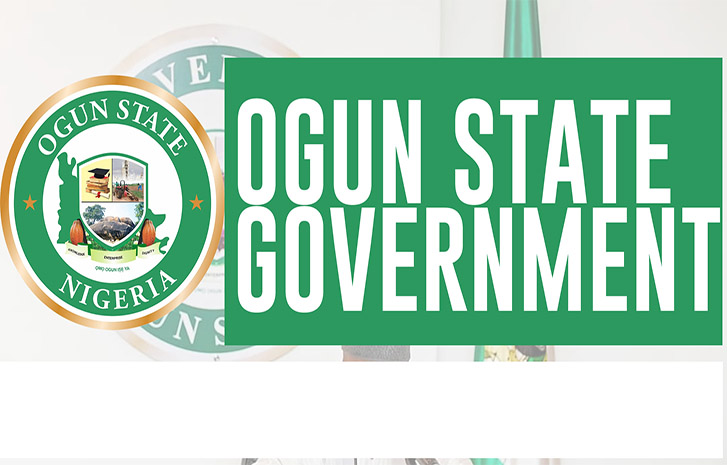The location of Ogun State as the industrial hub of the nation is partly responsible for its proximity to Lagos (the fifth largest economy in Africa), and to the Eastern part of the country. It is by no means, the Investment destination that potential investors have chosen to open their businesses, courtesy of the provisions of improved security network, ongoing construction of both rural and urban roads, among others, by the current administration in the state.
While cashing in, on the availability of the four cardinal principles of the business initiatives denoting, Strengths, Weaknesses, Opportunities and Threats (SWOT), in its proximity to Lagos, till date, Ogun State has been largely rated for what is called the “push factor” of the Centre of Excellence (Lagos). Thus, it has translated into an influx of would-be investors coming to invest in Ogun state and network to Lagos, leveraging on the dearth of land resource in Lagos. Indeed, Ogun State has shown the willingness in its commitment to change the “push factor” to a “pull factor”. The essence has been to endear the people to come to the state, where already an enabling environment has been created for them to come and invest in the Gateway state, and a potentially promising economy in the country. Besides, the administration has bridged the infrastructure gap towards accelerating the socio-economic development vision, which is the state’s top priority.
While envisaging the growing influx of people into the state, on a daily basis, one striking challenge of the current dispensation is the ongoing revolution in the provision of affordable housing projects at adequate, affordable and sustainable rates in all the three senatorial districts, in order to take care of the threat deficit in the nearest future.
Having successfully completed the study, the government has devised strategies to frontally address the deficit on the parts of the state workforce and soon afterwards, the residents at affordable rates. One of such was a resolve to ensure that none of the inherited housing projects from preceding administrations is abandoned. The rationale behind the drive is in building on their achievements and also guaranteeing that the investments on those projects are not wasted as it used to be in the past tradition. Some of these projects in this class include the 400-unit workers’ housing in Kemta, Idi-Aba, Abeokuta delivered at a discounted rate, while there is a downward review of the 160-unit AAK Degun Estate situated at Laderin Estate Abeokuta from the initial selling price of N7 million to N5 million. And for the 92 units of three-bedroom semi-detached flats and also, the 68 units of two-bedroom apartments which was slashed from the initial N5 million to N4 million. In the magnanimity of the administration, the government has also refunded payments to allottees of the AAK Degun Estate Laderin, Abeokuta, who had earlier made full payments. And this translates to the refund of N1.5 million each to some of the allottees of the three-bedroom apartments, just as the government has also relaxed its terms and conditions in the sales of the units, including the reduction of interest rate from 18 percent to 6 percent
Source: Independent




